Optimal Timing for Mold Inspections
Mold inspections are most effective when conducted during specific periods that maximize detection accuracy. Typically, the best times are during periods of high humidity, after heavy rainfall, or when indoor moisture levels are elevated. These conditions promote mold growth, making it easier to identify affected areas.
Spring and summer often see increased mold activity due to higher humidity and rainfall, making these seasons ideal for inspections.
Following storms or heavy rain, inspections can reveal hidden mold growth caused by water intrusion.
Periods when indoor humidity exceeds 60% are optimal for mold detection and inspection.
Before moving into a new property, inspections can identify existing mold issues to address early.
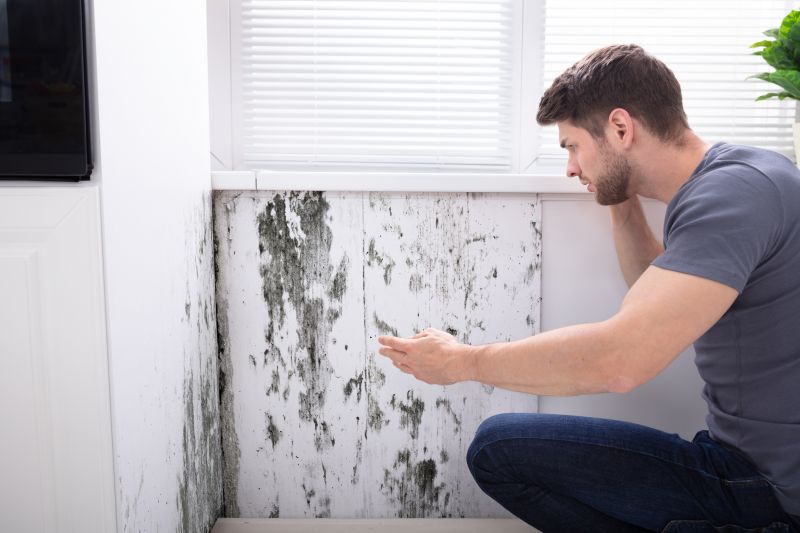
High humidity periods increase the likelihood of mold growth, making inspections crucial.
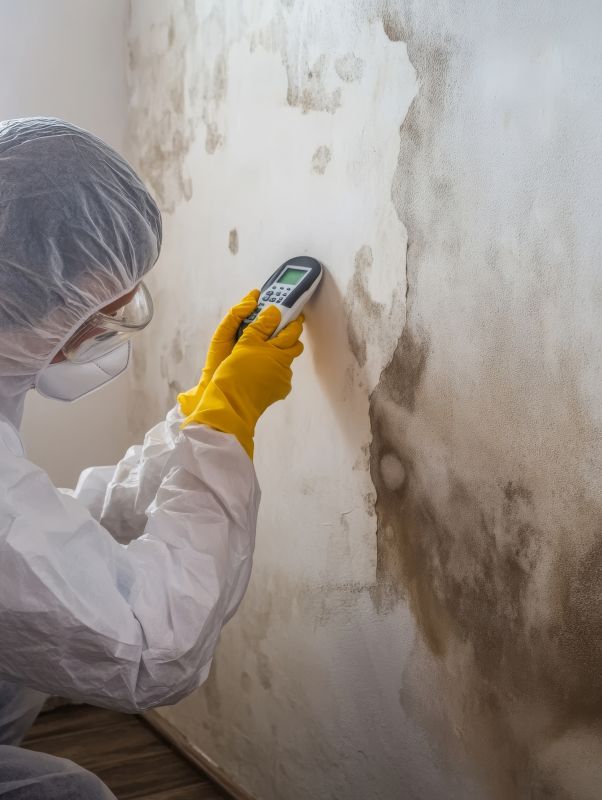
Water intrusion after storms can lead to hidden mold; inspections help identify these areas.
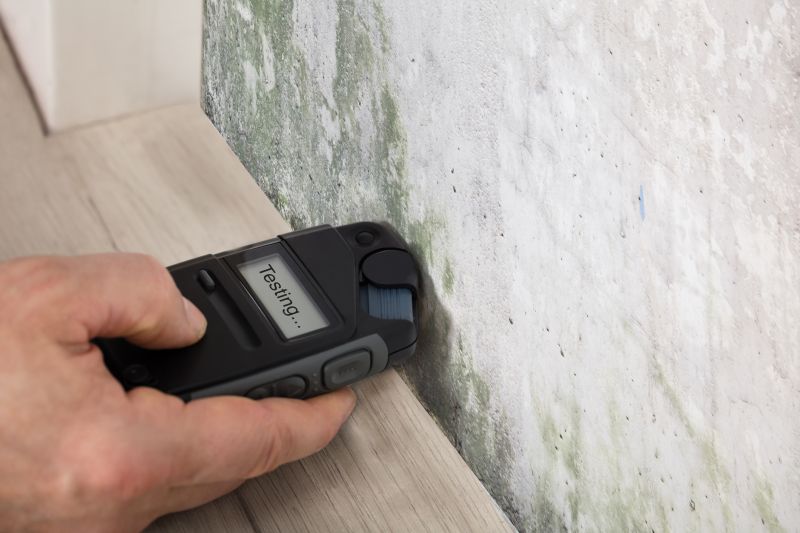
Monitoring indoor humidity assists in determining the best times for inspections.
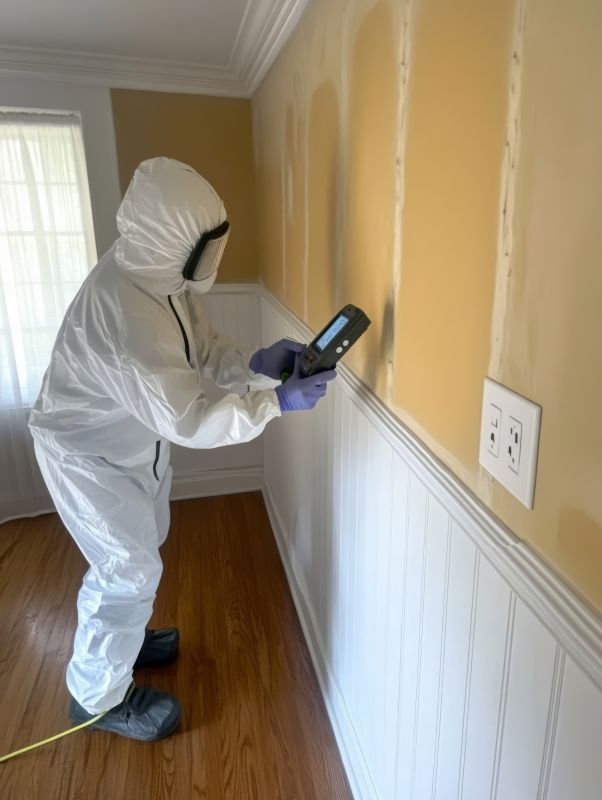
Ways to make Mold Inspections work in tight or awkward layouts.
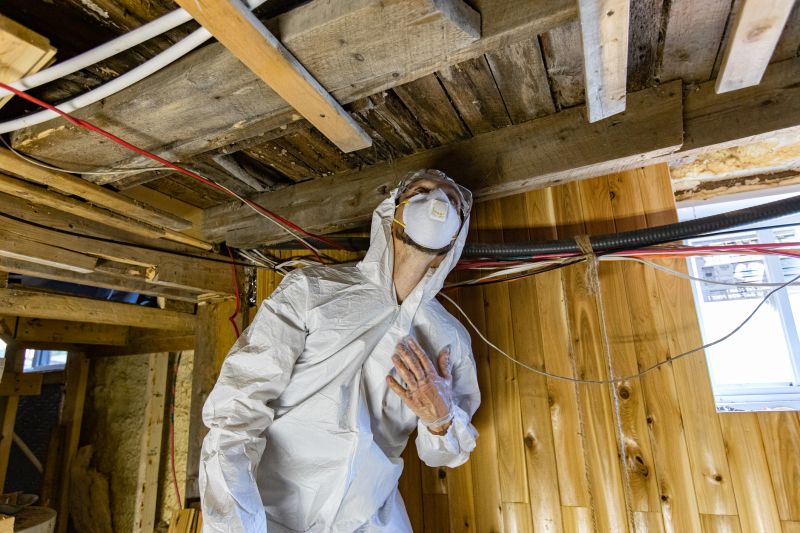
Popular materials for Mold Inspections and why they hold up over time.
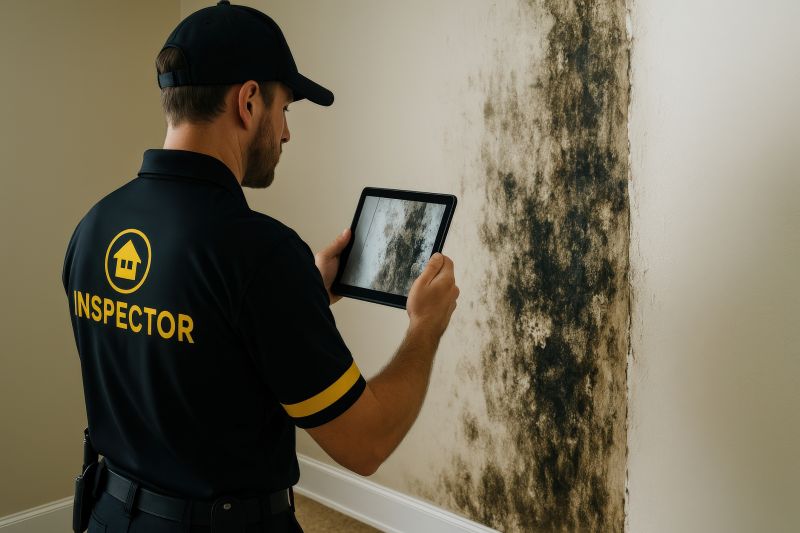
Simple add-ons that improve Mold Inspections without blowing the budget.
Mold inspections are a vital component of maintaining healthy indoor environments. Mold can thrive in areas with excess moisture, often developing behind walls, under flooring, or in hidden cavities. Regular inspections help identify issues early, preventing potential health problems and structural damage. Statistics indicate that mold-related complaints account for a significant percentage of indoor air quality issues, emphasizing the importance of timely inspections.
Environmental conditions such as humidity, temperature, and water intrusion influence mold growth. Inspections during peak growth periods can detect mold early, reducing remediation costs and health risks. Mold spores are microscopic and can be present without visible signs, making professional inspections essential for accurate detection.
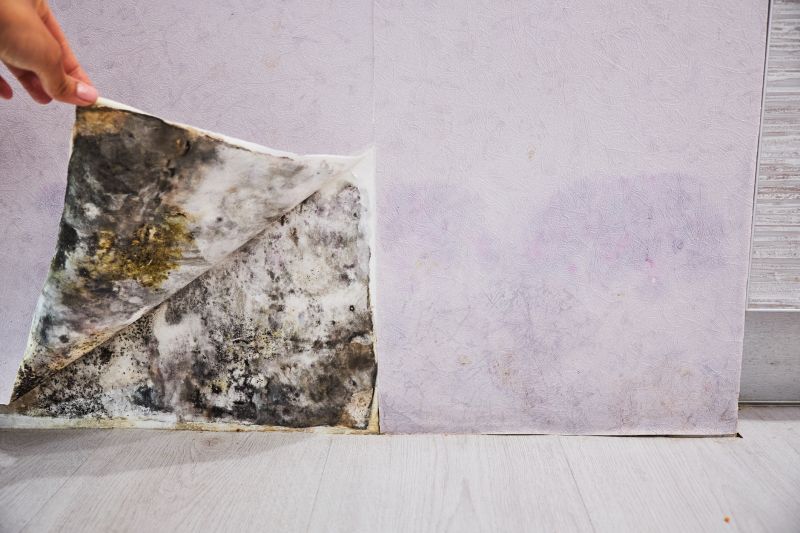
Hidden mold often develops in concealed areas, requiring thorough inspections.
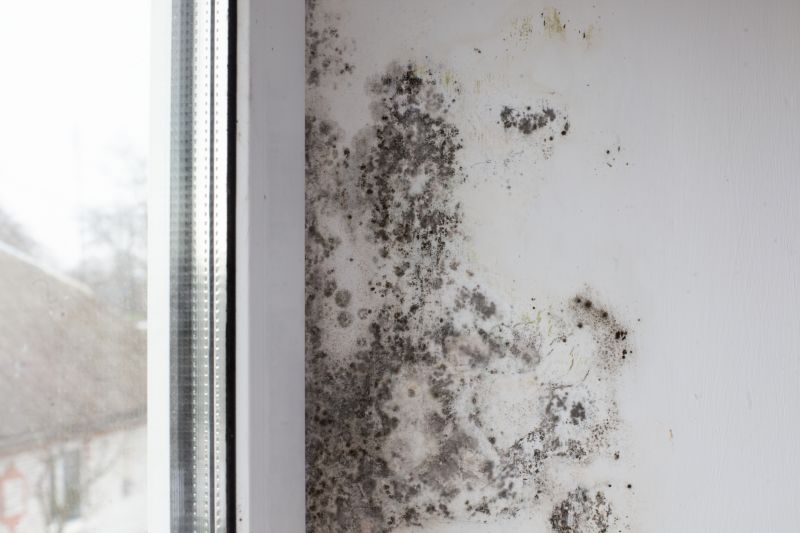
Water leaks and damage increase the risk of mold proliferation.
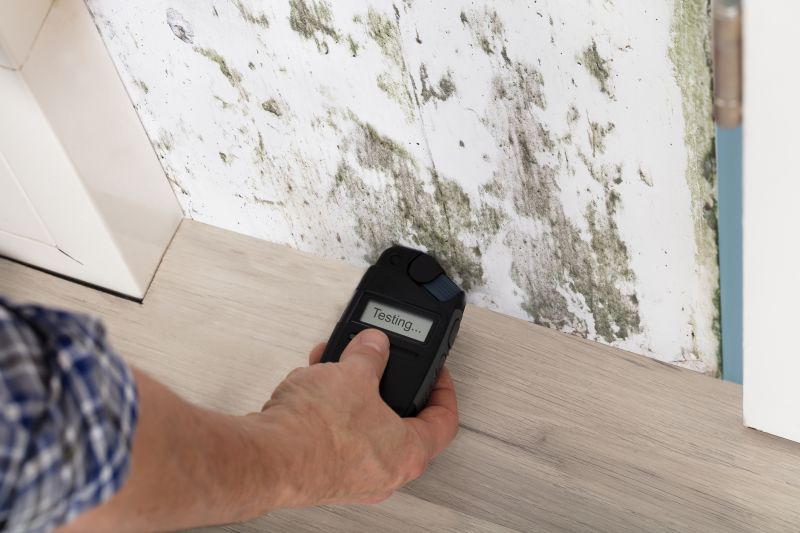
Specialized equipment aids in detecting mold in inaccessible areas.
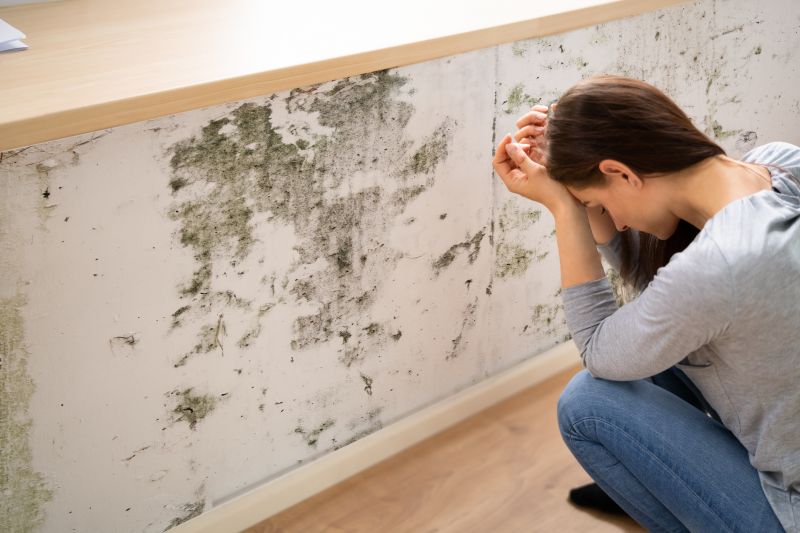
Regular mold inspections contribute to safer indoor air quality.
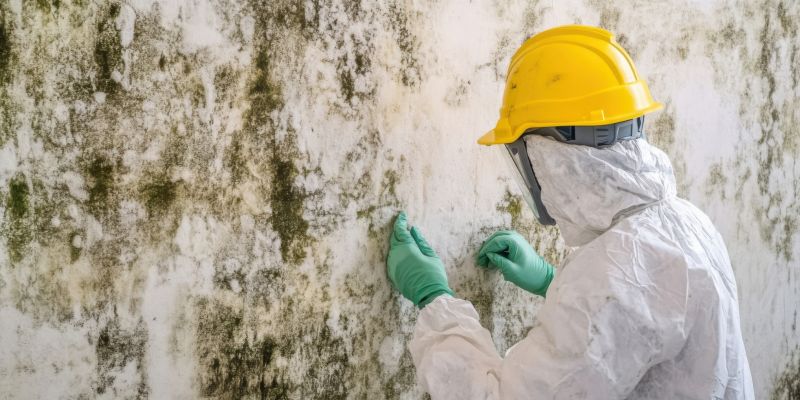
High-end options that actually feel worth it for Mold Inspections.
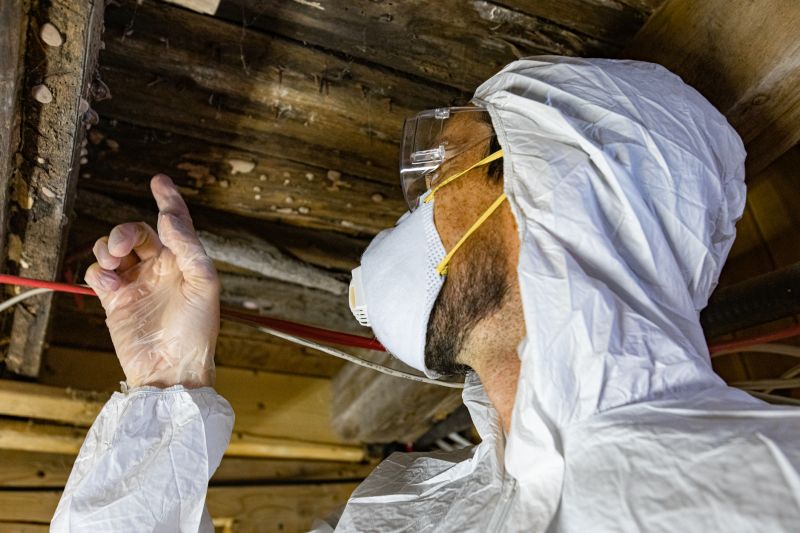
Finishes and colors that play nicely with Mold Inspections.
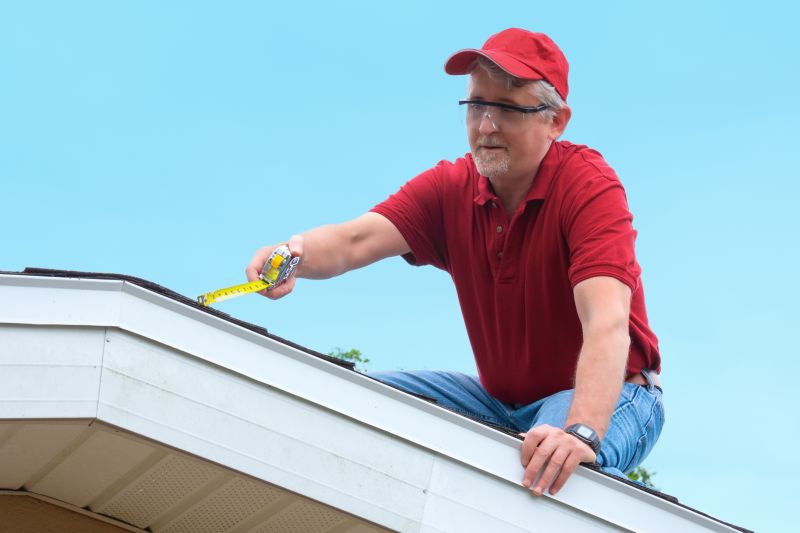
Little measurements that prevent headaches on Mold Inspections day.
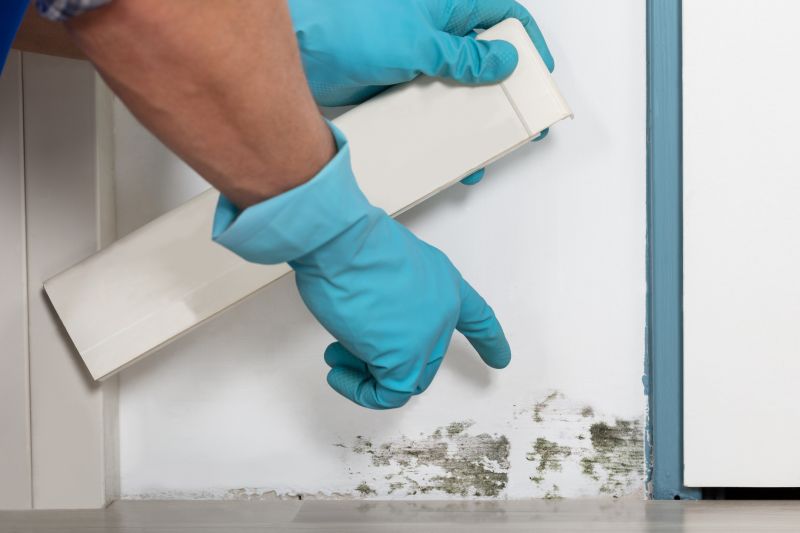
A 60-second routine that keeps Mold Inspections looking new.
| Condition | Ideal Inspection Time |
|---|---|
| High indoor humidity | During humid months or when humidity exceeds 60% |
| Post-water intrusion | Immediately after flooding or leaks |
| Seasonal changes | Spring and summer when mold activity peaks |
| Pre-occupancy | Before moving into a new or renovated property |
| Noticeable mold odors | As soon as mold smell is detected |
Timely mold inspections are essential for identifying and addressing mold issues before they become widespread. Conducting inspections during periods of high humidity or after water-related incidents ensures early detection. Regular assessments can help maintain indoor air quality and prevent structural damage caused by mold growth.
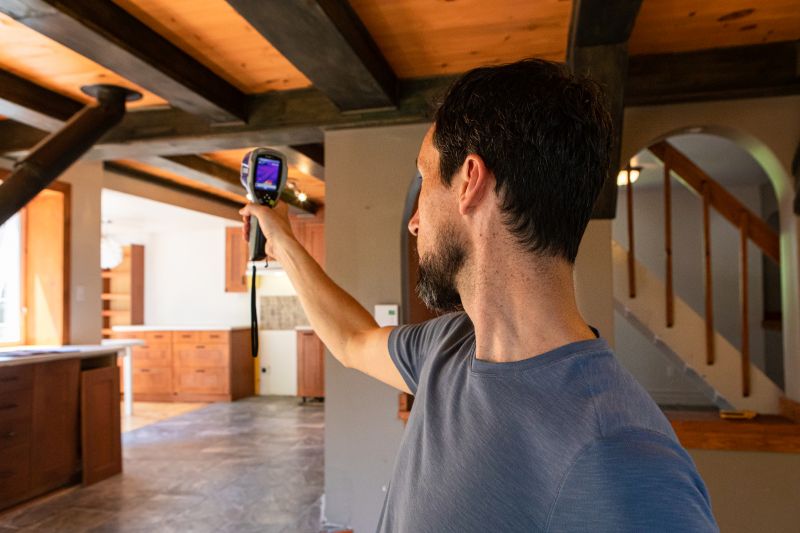
Professional inspections utilize specialized equipment to detect hidden mold.
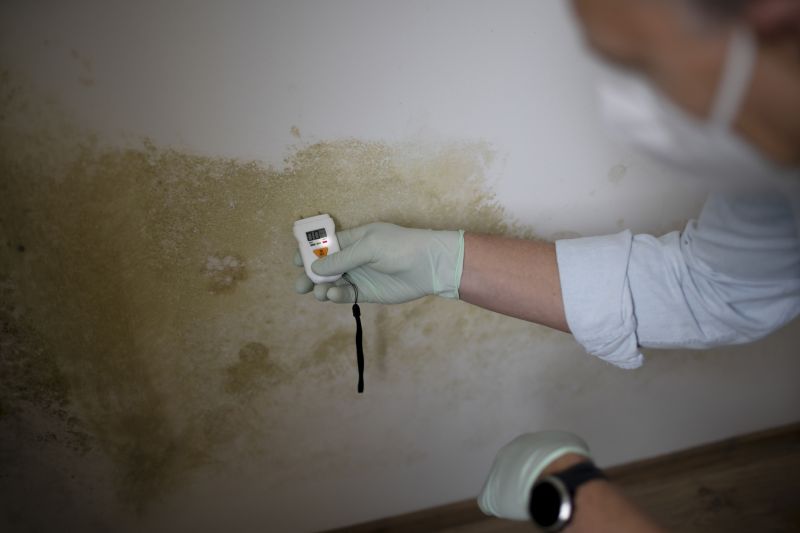
Tools like hygrometers and moisture meters help identify problem areas.
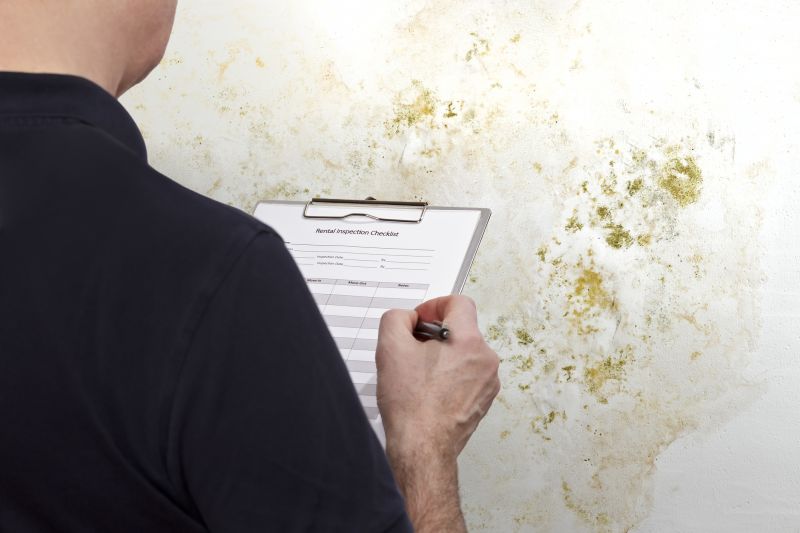
Inspection before move-in ensures property safety.
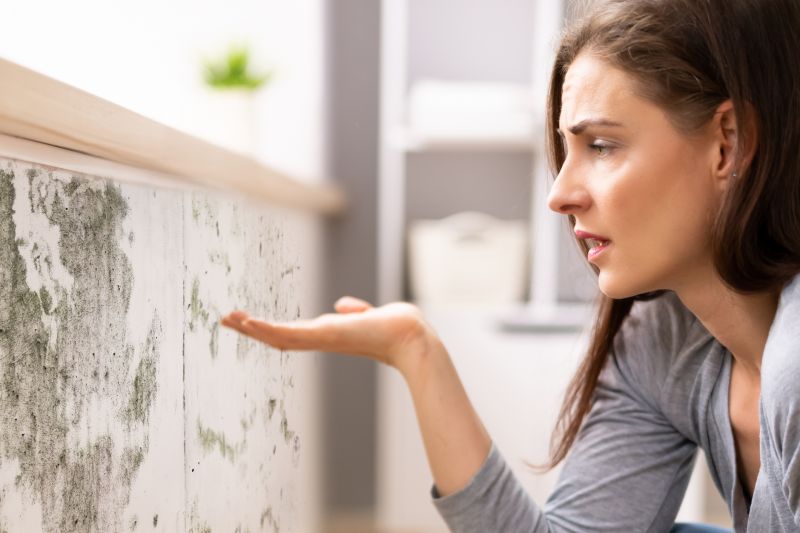
A frequent mistake in Mold Inspections and how to dodge it.
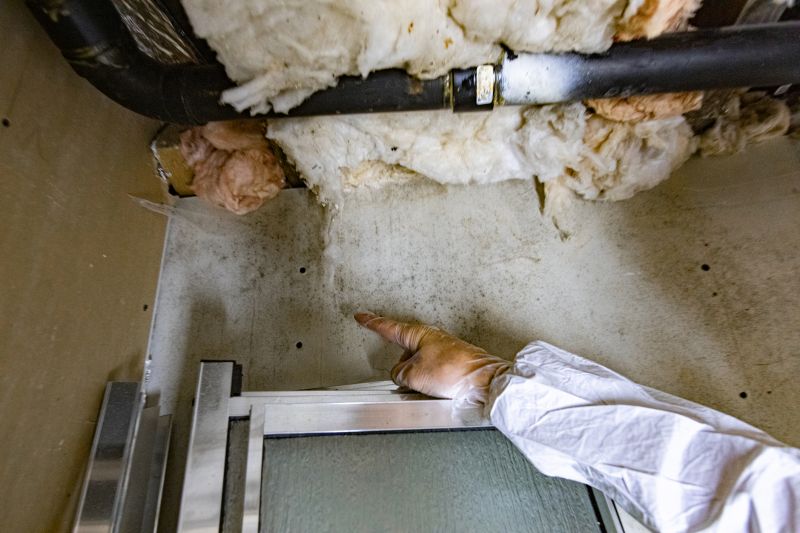
Small tweaks to make Mold Inspections safer and easier to use.
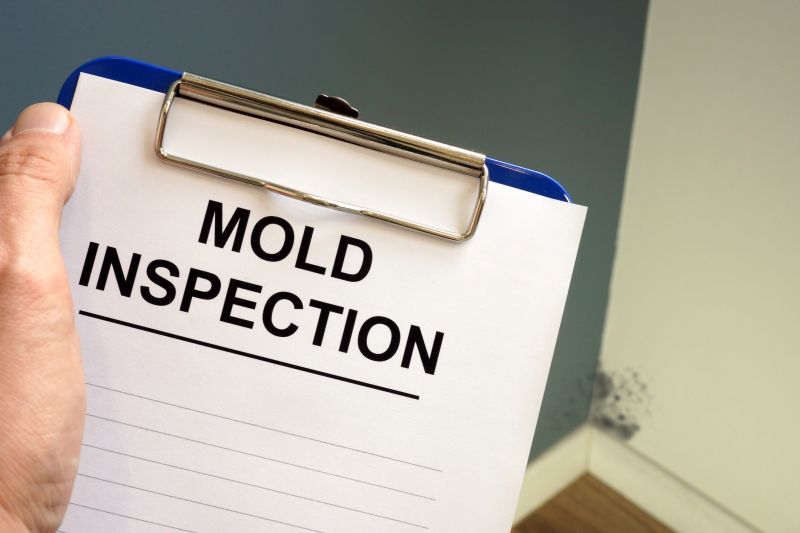
Lower-waste or water-saving choices for Mold Inspections.
Interested in scheduling a mold inspection? Filling out the contact form can help determine the best timing based on current indoor conditions and recent weather patterns. Regular inspections contribute to a healthier indoor environment and can prevent costly repairs caused by unchecked mold growth.



